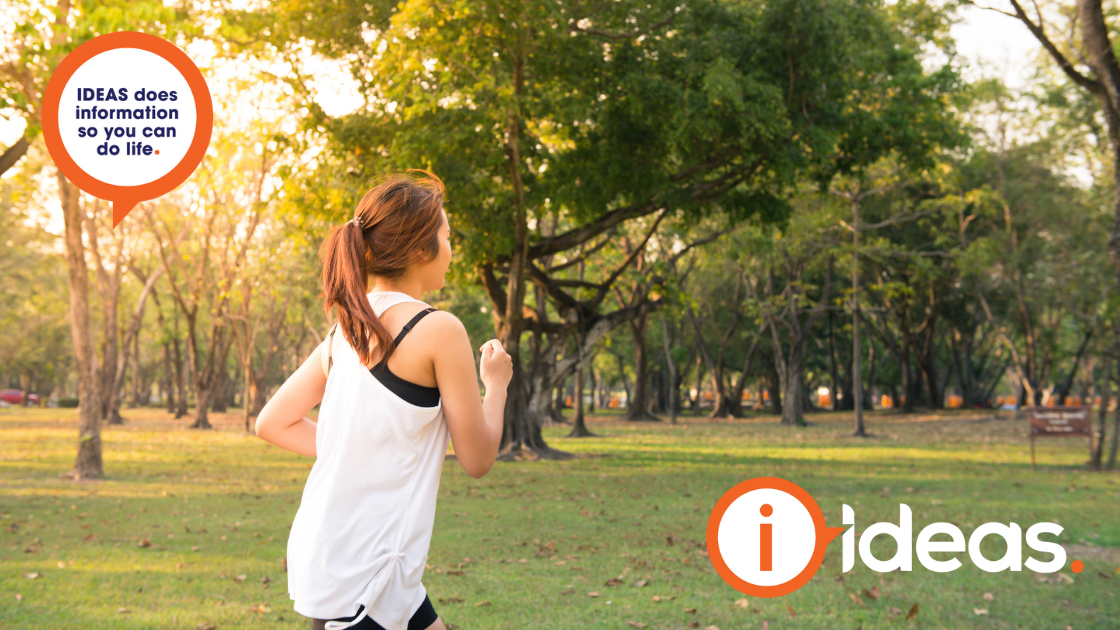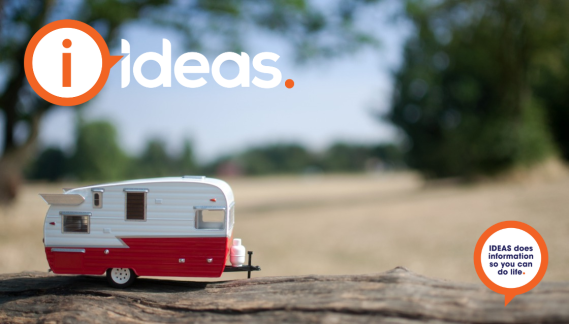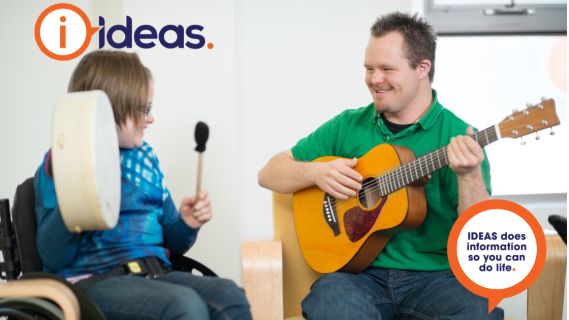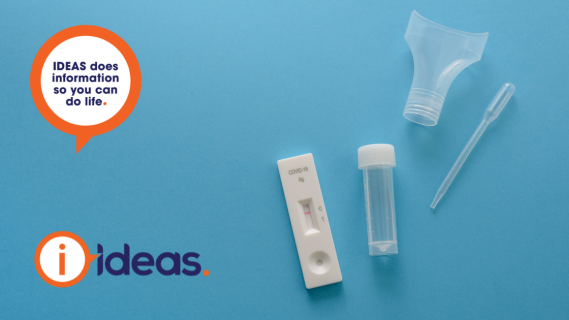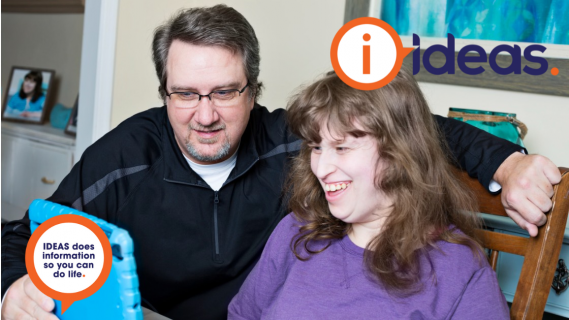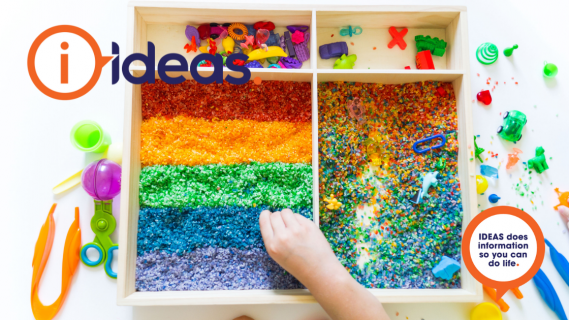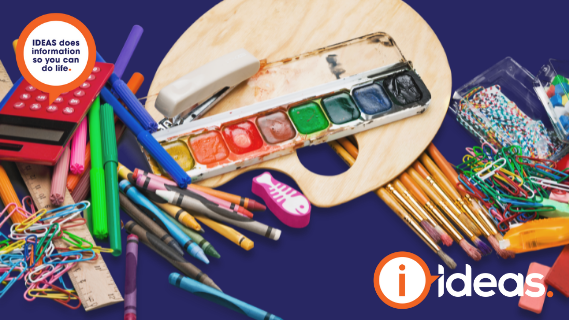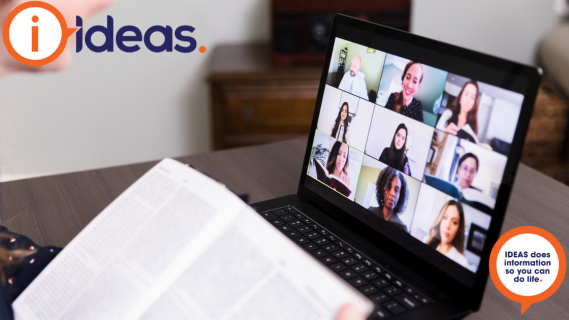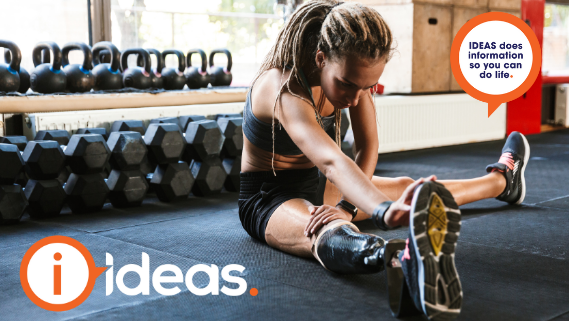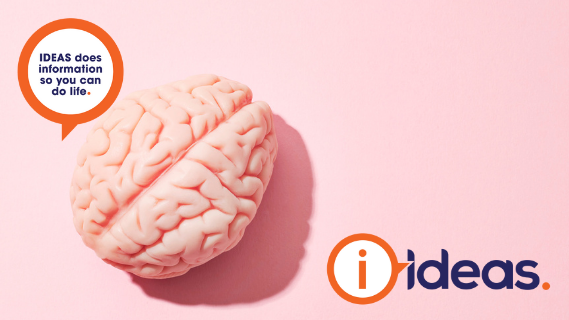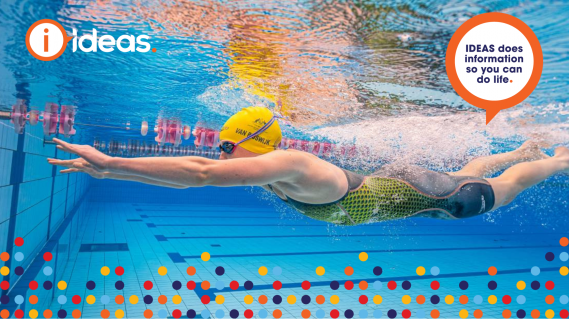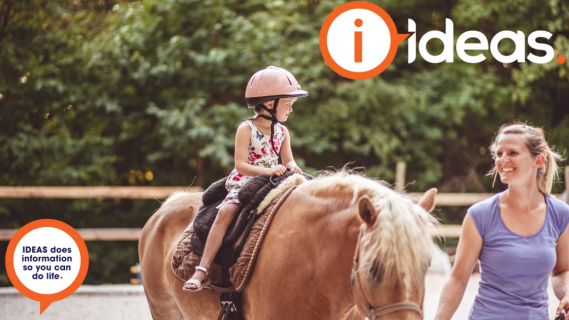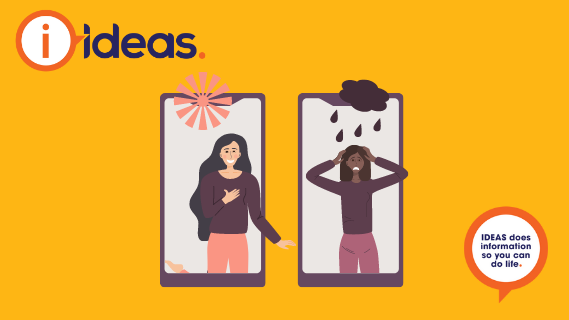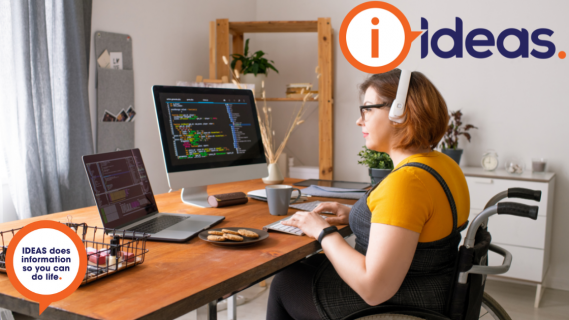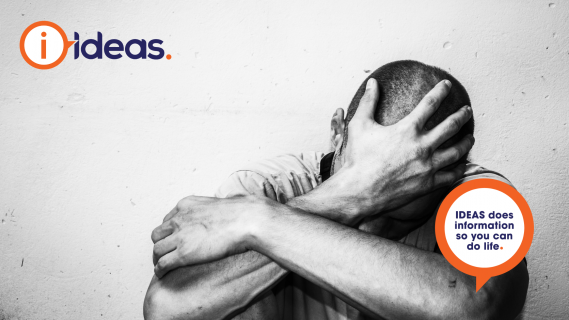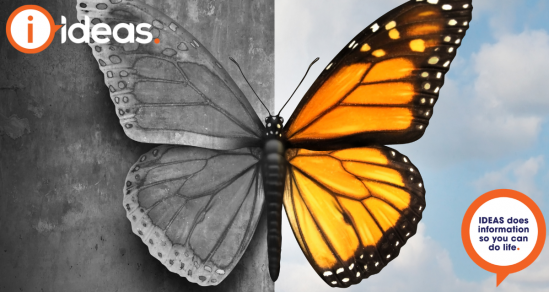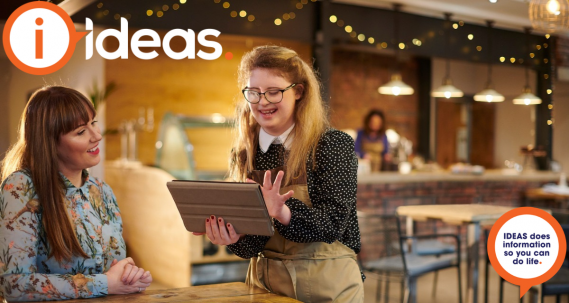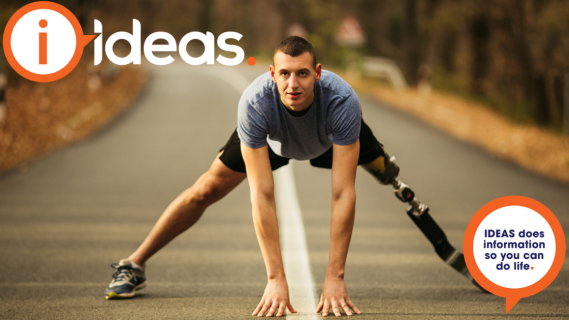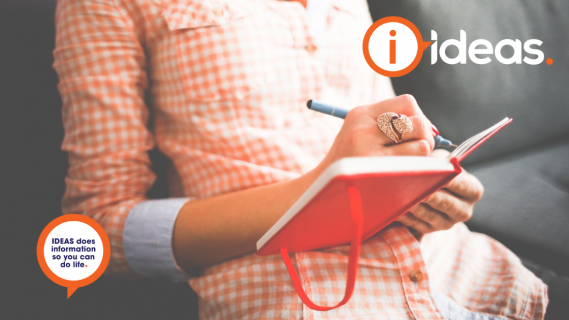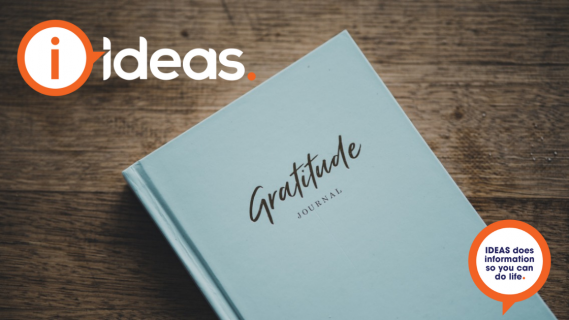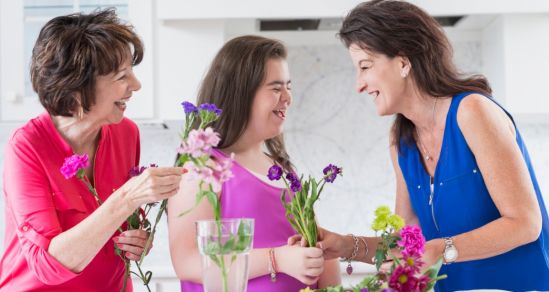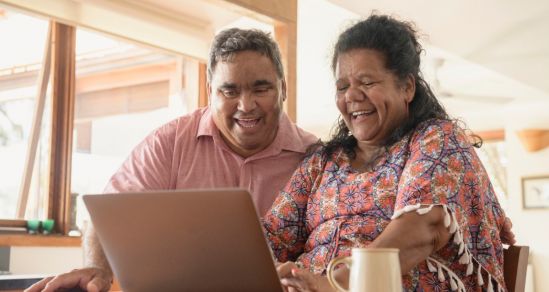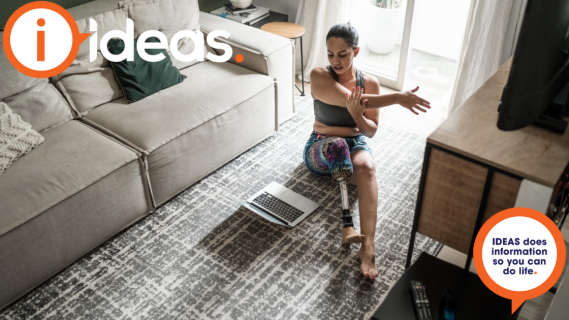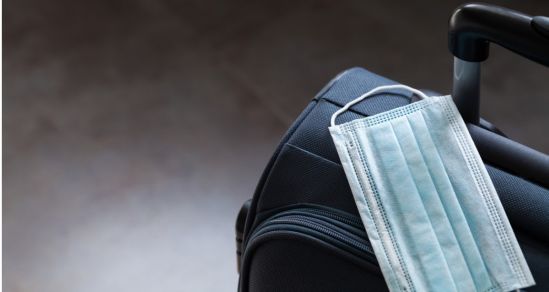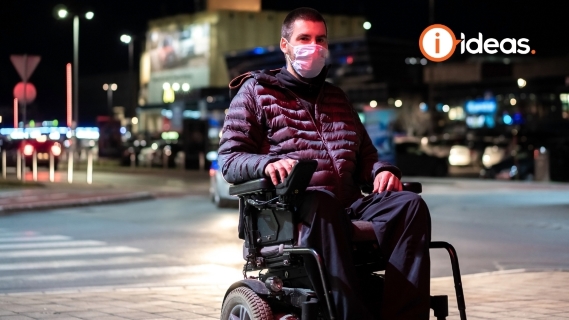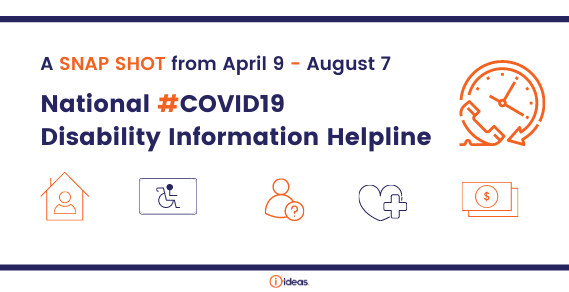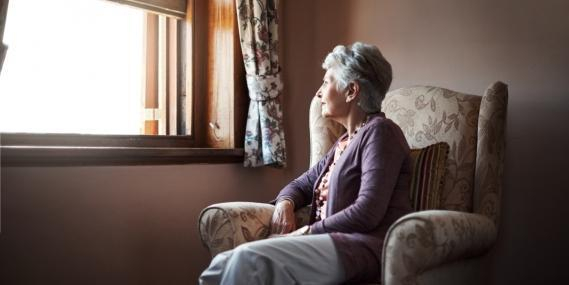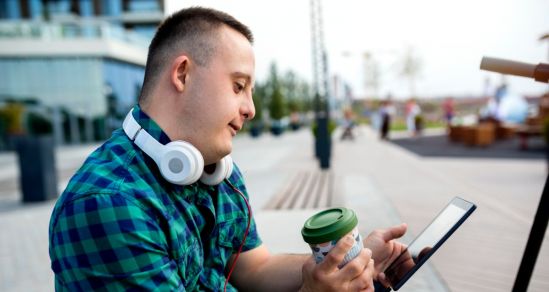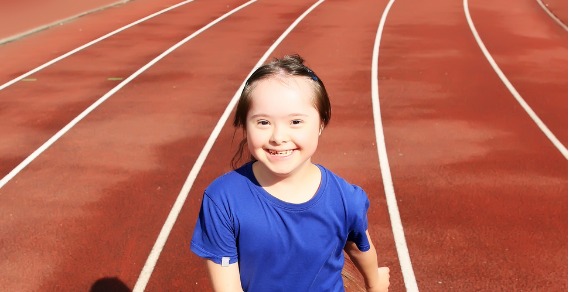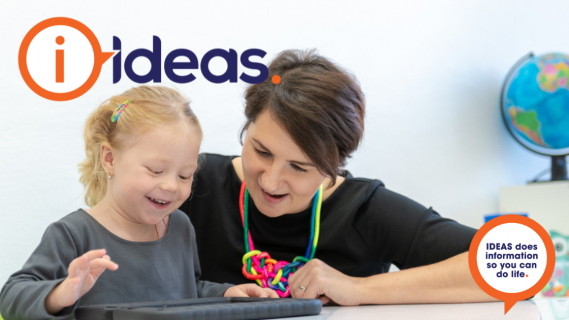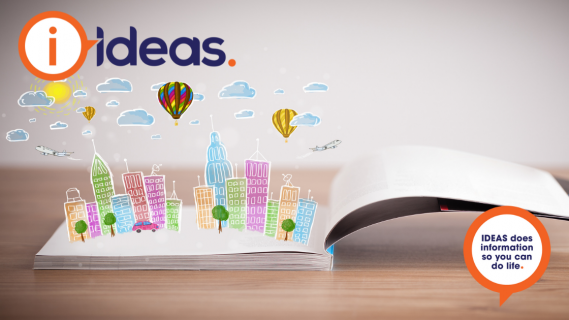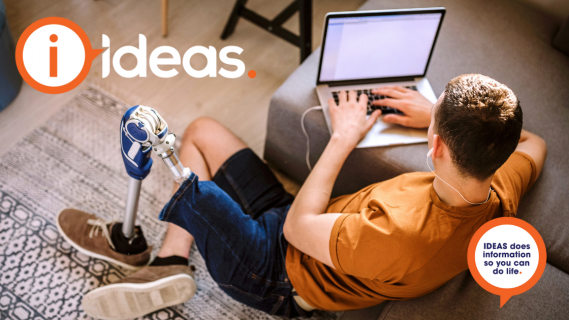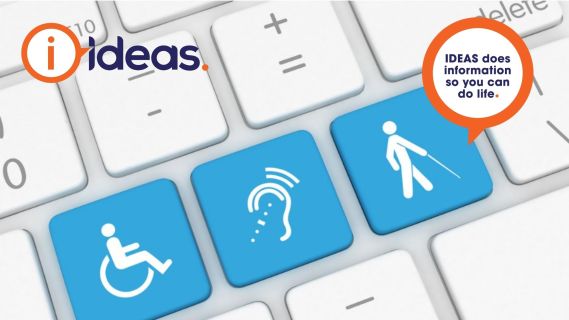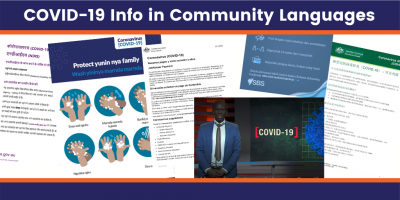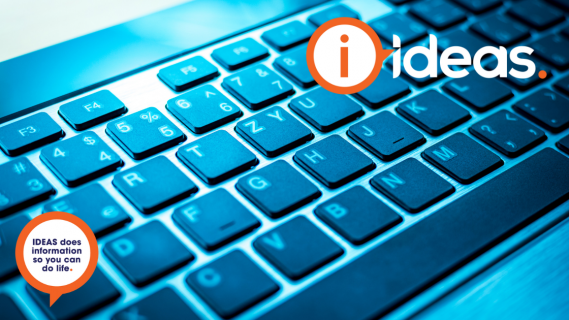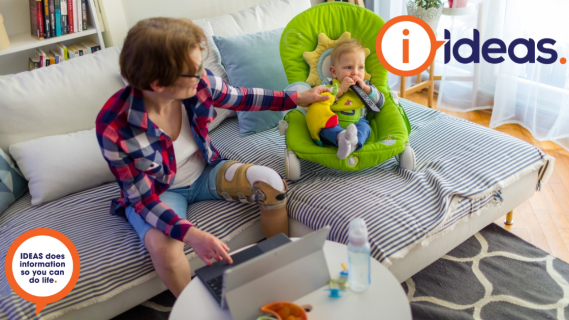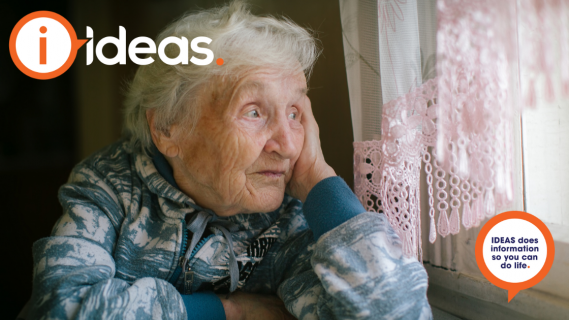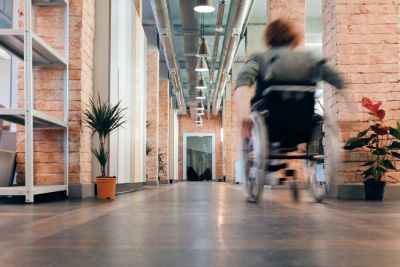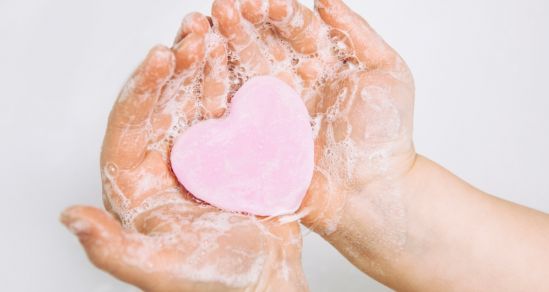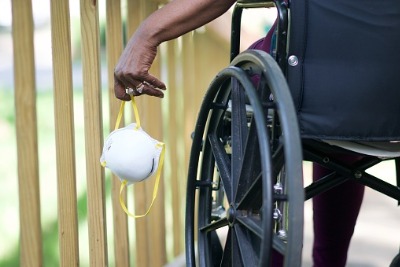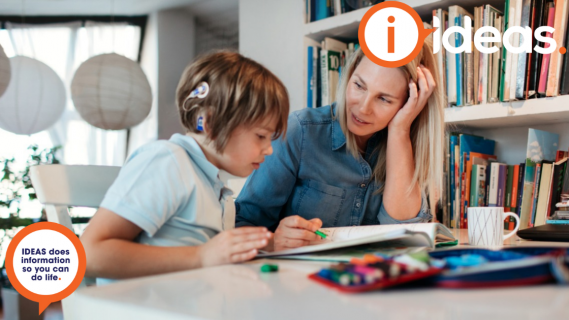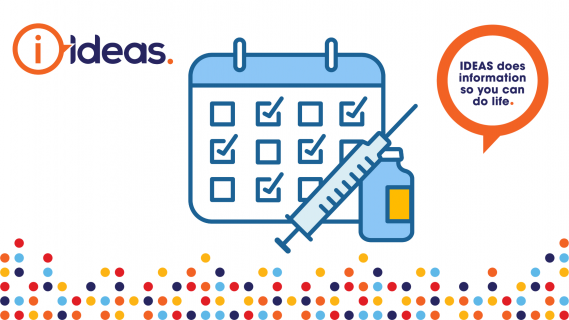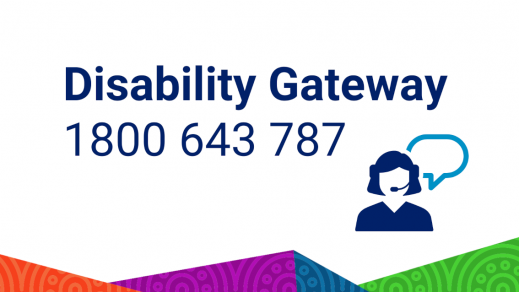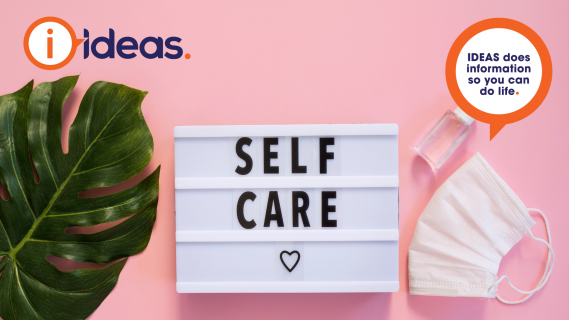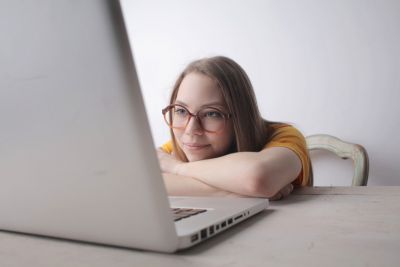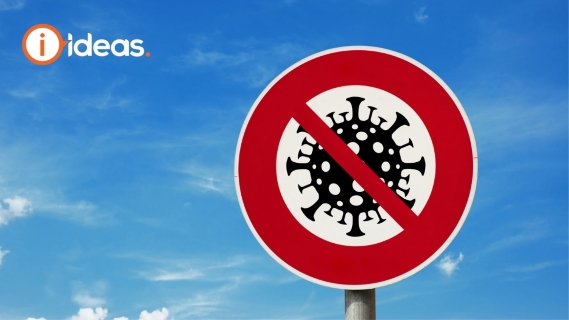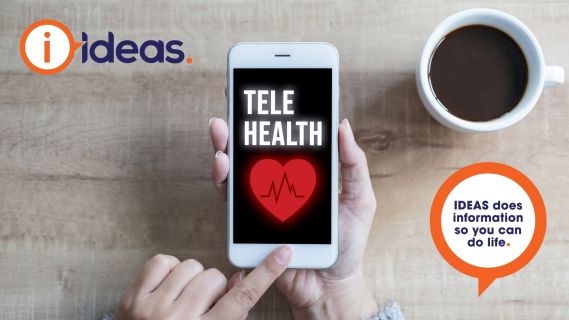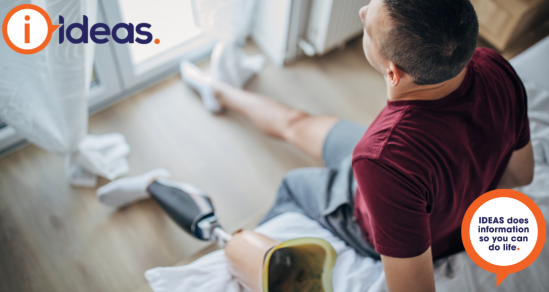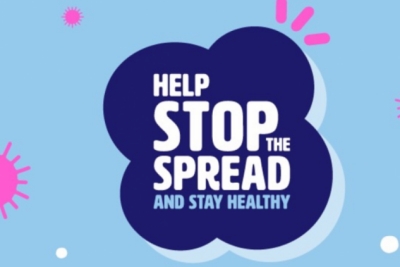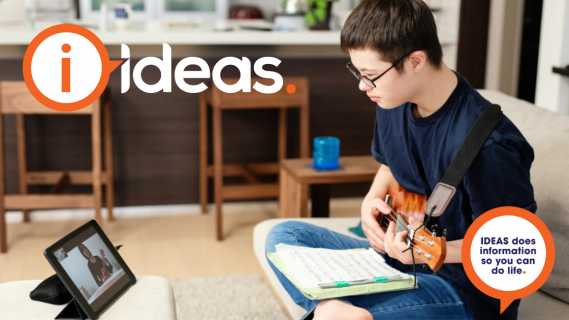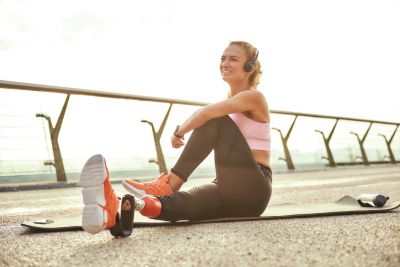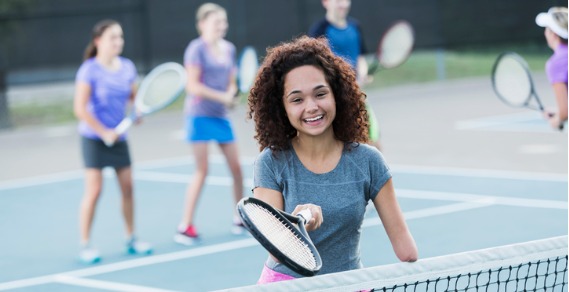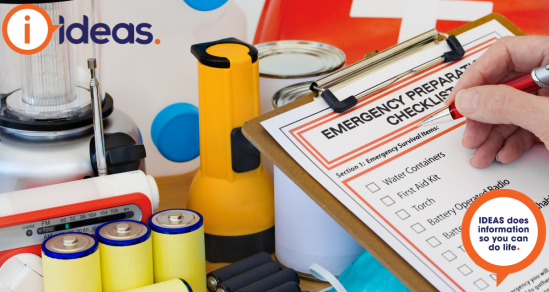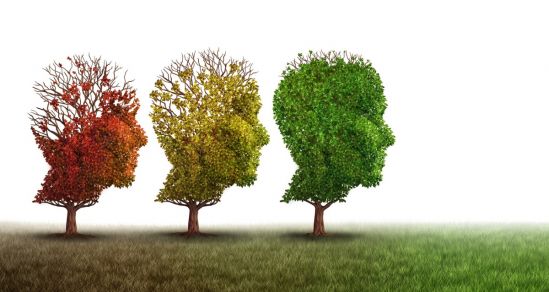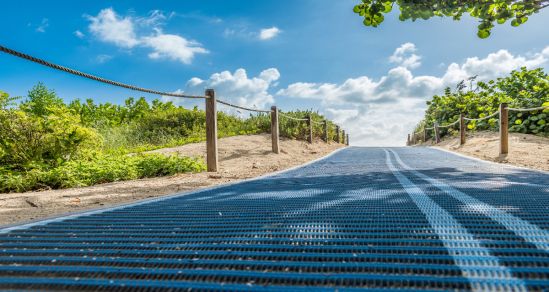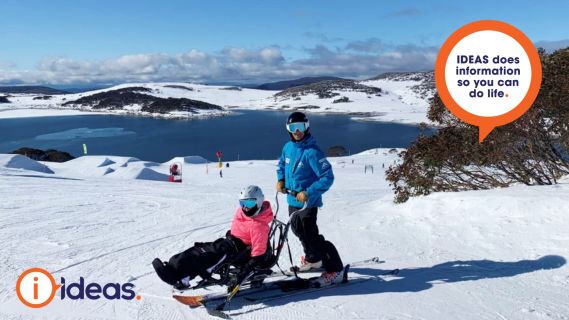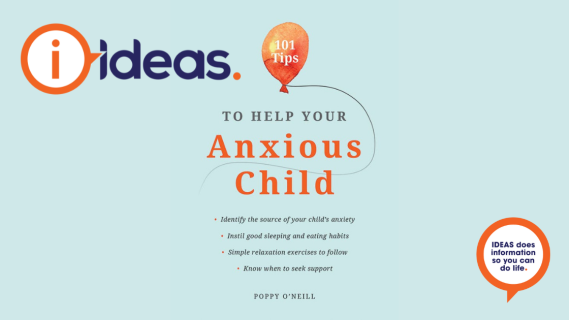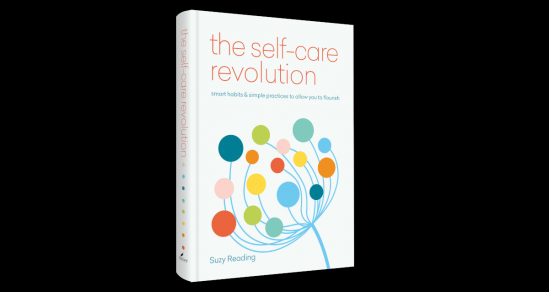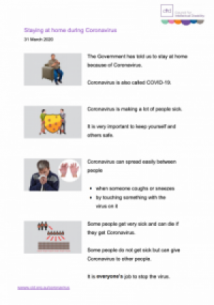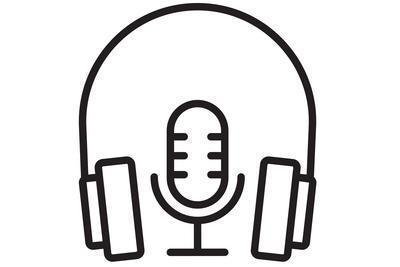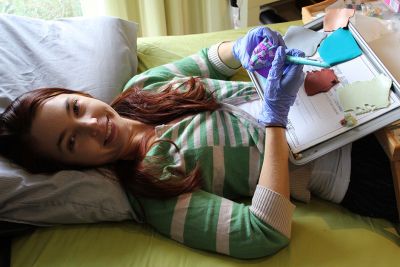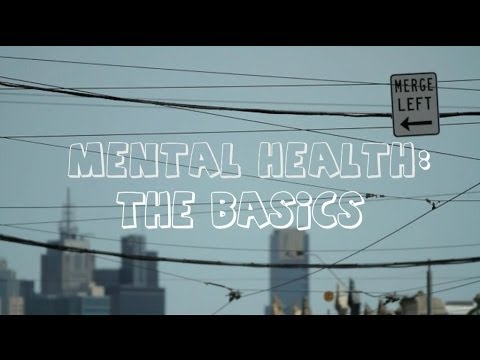Feeling overwhelmed? Is all the information giving you a headache? Is your nutrition and exercise routine the first thing to go when life gets a little bizarre? That is where IDEAS quick tips to maintaining healthy habits during COVID-19 shines.
Shopping, nutrition, and our everyday exercise routines have changed almost overnight thanks to the Coronavirus crisis.
Health and Wellness are broad concepts that can have a direct effect on our quality of life, so it is important we take care of this aspect of our lives. Maintaining productive routines in our current climate can make all the difference, providing a sense of stability and enjoyment. In contrast, if we put our health and wellbeing on the back burner it can damage our health status, mental health and can worsen pre-existing conditions. So, how can you make sure you are looking after yourself during this confusing time? We have put together a few tips and tricks to transform your eating habits and maintain your physical activity.
Essential Food Groups
Making sure you consume a wide array of food from the essential food groups not only keeps variety in your life but allows your body to get all the nutrients it needs every day.
- Vegetables and legumes. Things like carrots, broccoli, corn, lentils and beans.
- Fruit. Things like bananas, apples, pears and berries.
- Grains (high fibre for digestive health). Things like brown rice, wholemeal bread and wholemeal pasta.
- Protein. Lean meats, poultry, fish, eggs, tofu and nuts.
- Dairy. Milk, yoghurt, cheese, and dairy-free alternatives (aim for reduced or low fat).
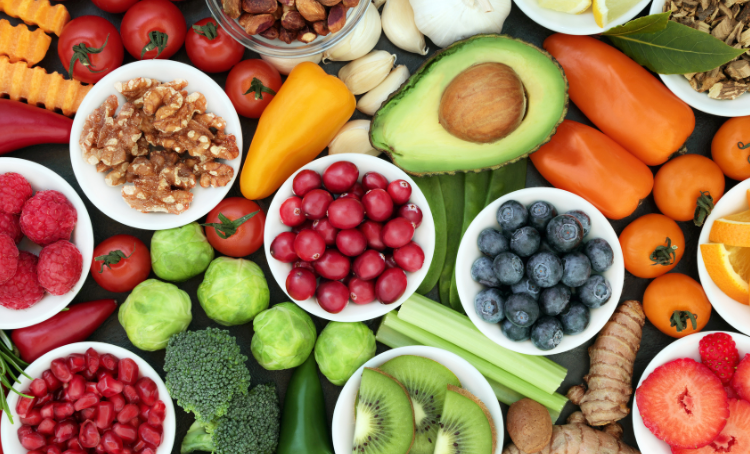
Struggling to get all your groceries as you normally would? Read Grocery shopping during the COVID-19 pandemic for more information.
The Dietician Association of Australia has provided Smart Eating Recipes in an easy to read format to bring some variety into your diet. They also recommend cooking a little extra with each meal and freezing it, this may assist you if you are suddenly unable to cook in the future or need a nutritious quick fix without the effort.
As well as including these food groups in your diet, making sure to drink enough water and keep well hydrated throughout the day is just as important. You may find yourself inside a lot more than usual during this pandemic, but this does not mean that your body requires any less hydration. Drinking 2-3 litres a day is best, plus more if you are engaging in vigorous exercise. Water transports nutrients, regulates body temperature, gets rid of toxins, and cushions your joints - so it really is the gold standard of all liquids!
So now that we have our nutrition basics down pat, what do we do when we lack the motivation to get moving? When curling up on the couch for the day seems more enticing than usual? Whatever your situation or mobility, maintaining some sort of exercise routine is possible - even if it is just a quick 5-minute stroll around the block or a trip to the park with your support worker. Getting outside and moving is not only beneficial to your physical health but can also work wonders for your mental health and wellbeing when we are all focused on living in a pandemic as well.
Top Tips To Get Up, Get Moving And Get Healthy
- Take walks or rolls with a carer or family member. Taking these walks at around the same time every day can assist in holding you accountable and maintaining a positive routine. Remember to always practice social distancing and monitor the current guidelines surrounding outdoor exercise. We also have some great info on hand hygiene for wheelchair users here.
- Stuck in isolation? Can’t leave the house anytime soon? Feeling like the 4 walls are caving in? Well, there are plenty of online classes and YouTube workouts that can assist you with at-home exercise programs to get your body moving. With most of these free programs being readily available and requiring limited to no equipment- what are you waiting for? You’ll be lunging through the living room in no time.
- Strength training can not improve our muscle definition, but it does wonders for bone density levels, which is always a plus! Wondering how you can begin strength training at home? Using cans of food or filled water bottles is a simple, cheap way to add a little bit of weight to your exercise routine. Check out this seated workout for people who have a disability, are injured, need rehab or are an amputee from YouTube. Getting the benefits of strength training whilst being mindful of your ability is possible!
Worried about exercising due to limited physical mobility?
Experiencing the health benefits of exercise shouldn’t be limited to one particular group or another, follow this link to set yourself up for exercise success. Whether you are living room based or coming to us from the outside world - there are options. Being mindful of nutrition, maintaining some form of exercise twice a week and making sure you are well hydrated may help you battle through the uncertainties that we are all facing at this time. Although a broad and sometimes overwhelming concept, health and wellness are more important than ever. Let's work on improving our health, because when times are strange and uncertain, at least you can be in control of one part of your life: diet and exercise.
Catering for all abilities
Sport NSW has a playlist of Youtube videos in their Active Abilities series, with offerings for Sensory, Physical, and Intellectual Disability.
Please consult your GP or family doctor before drastically changing your diet or beginning a new fitness regime if you have any underlying health conditions or concerns.
Helpful Resources:
Special Olympics: A Guide to Achieving Fitness and Your Personal Best

